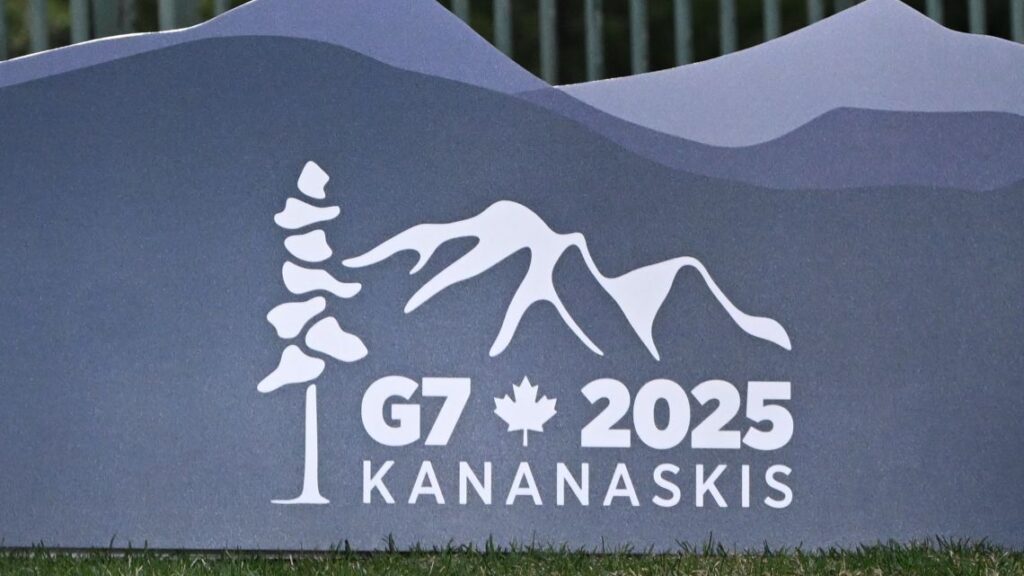The eruption of conflict between Israel and Iran is likely to dominate proceedings during the three-day gathering, with other pressing issues relegated further down the agenda.
U.S. President Donald Trump will be joining the leaders of G7 members Canada, France, Germany, Japan, the U.K. and the EU—as well as several other invitees—at the Alberta mountain resort of Kananaskis.
In contrast to past summits, no-one is expecting the group to put on a united front. Officials from the host nation have said there will be no joint communiqué after the talks wrap up, in a sign of the gulf between Trump and Washington’s long-term allies.
After all, the summit comes on the back of a turbulent period which has seen Trump slapping harsh trade tariffs on major trading partners, musing about the annexation of Canada and Greenland, and engaging with Russia over the war in Ukraine.
Earlier this week, sources told Reuters that European members of the G7 were aiming to use the forum to push through plans to lower the price cap on Russian oil, even if Trump disagrees.
But the sudden escalation in the Middle East over the last few days is set to overshadow the preplanned agenda, which G7 president Canada had hoped would focus on peace and defense goals in areas such as Ukraine, energy security and the establishment of new investment partnerships.

Posted inWORLD NEWS


